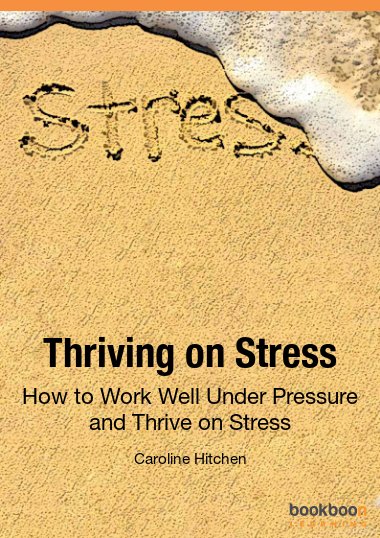Stress is accepted as a part of daily life, and it helps if we know how to turn it to our advantage. We need an appropriate amount but conversely, low level regular negative stress can result in reduced performance and anxiety, lack of energy and minor illnesses, while longer term stress can lead to more serious health issues, all impacting our performance at work. Explaining what stress is, both good and bad, this book provides a wealth of invaluable tips and strategies to help the reader cope with stressful situations both in the moment and over the longer term on a preventative basis.
About the Author
As a Heart Rate Variance Analyst, Clinical Hypnotherapist and British School of Meditation teacher, I help clients worldwide improve their happiness by making what can often be small but sustainable changes. My experience has grown through a combination of working with clients, and an enduring devotion to learning and researching the latest developments in the field of stress management, sleep, meditation and hypnotherapy. My biggest achievements are the constant success stories of those who I have helped to make changes. Outside work I play pickleball, cycle, walk and LOVE reading!


